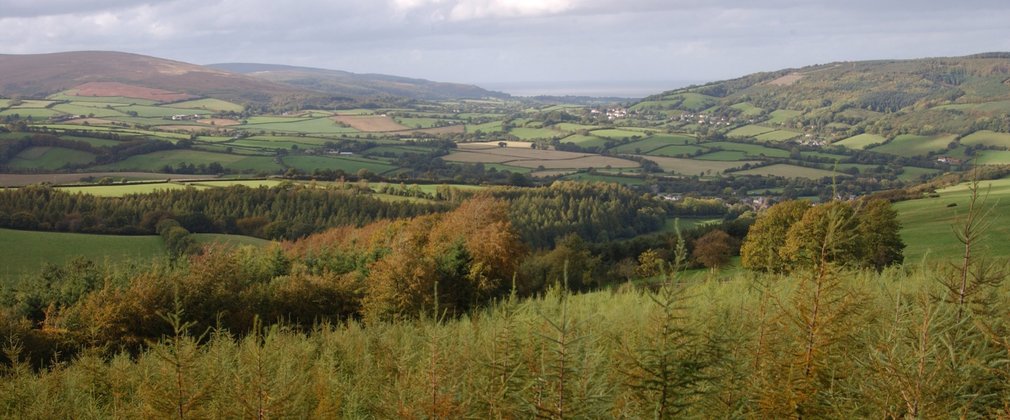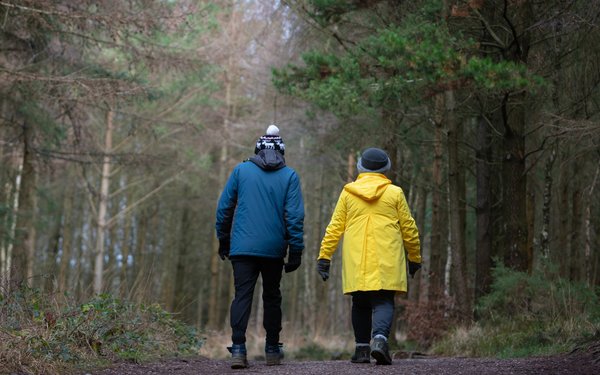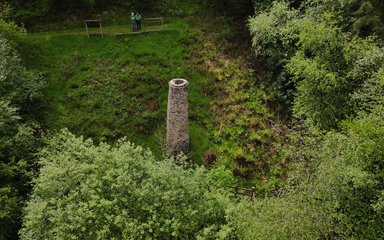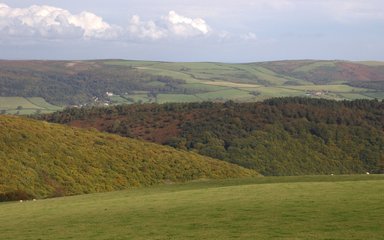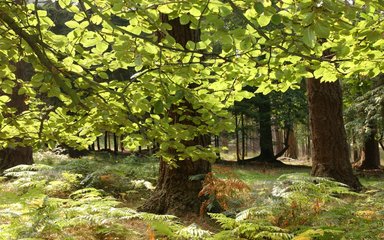Visitor information
Opening hours
How to find us
Parking & prices
Contact details
Opening hours
Close
Croydon Hill offers 24 hour access, 365 days a year.
How to find us
Close
How to find us
Sat Nav Postcode:
TA24 6TA
Croydon Hill,
Luxborough Civil Parish
By Car
Go to the A396 between Wheddon Cross and Dunster. From Dunster head towards Wheddon Cross. After about 0.8 miles from Dunster village centre, take the small road on the left towards Luxborough and Nutcombe Bottom. After a further 0.6 miles the Nutcombe Bottom car park is on the left in a valley of trees.
51.152539956268, -3.4676652294811
Parking and prices
Close
Parking is available at the nearby Nutcombe Bottom. There are no parking charges but parking availability is limited.
Additional information
Number of accessible parking spaces: 0
There are no designated accessible parking spaces at this forest. View our easy access trails page to find other forests with accessible parking.
Contact details
Close
Landline Number
0300 067 4800E-Mail Address
westengland@forestryengland.uk